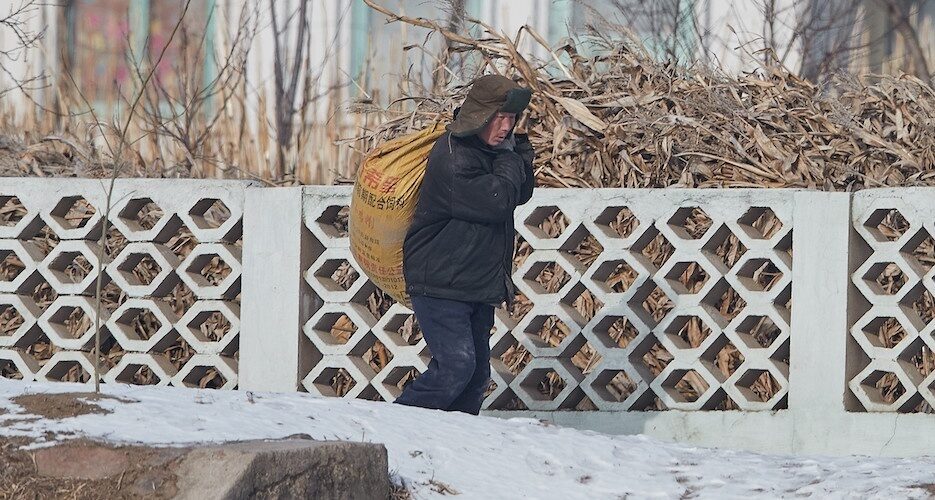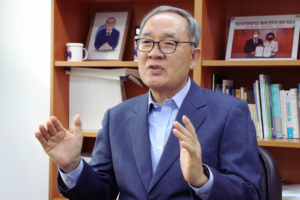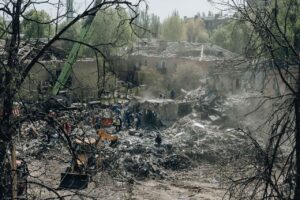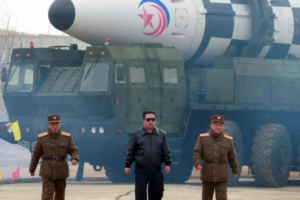The community of international humanitarian workers in North Korea was already on the decline before COVID-19 hit, due to a chronic shortage of funding and growing sanctions. But when Pyongyang closed its border a year ago, it also imposed new restrictions on domestic movement that effectively suspended the efforts of remaining humanitarian workers.
The consequences of these restrictions have been significant.
The community of international humanitarian workers in North Korea was already on the decline before COVID-19 hit, due to a chronic shortage of funding and growing sanctions. But when Pyongyang closed its border a year ago, it also imposed new restrictions on domestic movement that effectively suspended the efforts of remaining humanitarian workers.
The consequences of these restrictions have been significant.
Try unlimited access
Only $1 for four weeks
-
Unlimited access to all of NK News: reporting, investigations, analysis
-
Year-one discount if you continue past $1 trial period
-
The NK News Daily Update, an email newsletter to keep you in the loop
-
Searchable archive of all content, photo galleries, special columns
-
Contact NK News reporters with tips or requests for reporting
Get unlimited access to all NK News content, including original reporting, investigations, and analyses by our team of DPRK experts.
Subscribe
now
All major cards accepted. No commitments – you can cancel any time.










